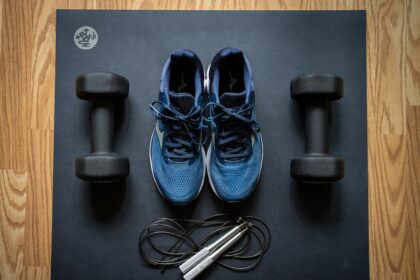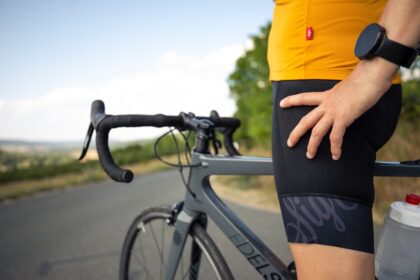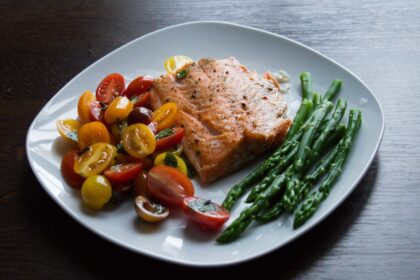QuickAdvisr helps you stay informed with the latest insights. Boxing isn’t just about throwing punches—it’s a powerhouse workout that torches calories while building strength, endurance, and agility. But how many calories does boxing burn? The answer depends on your weight, intensity, and workout duration. In this guide, we’ll break down calorie burn by intensity level and share expert tips to maximize your results.
Why Boxing Is a Top Calorie-Burning Workout | Powered by QuickAdvisr

Boxing combines cardio and strength training, engaging multiple muscle groups while keeping your heart rate elevated. Unlike steady-state exercises like jogging, boxing involves bursts of high-intensity movement, making it a form of HIIT (high-intensity interval training). This means you’ll burn calories during and after your workout—a phenomenon known as the “afterburn effect.”
“A 30-minute boxing session can burn up to 400 calories, but intense sparring or heavy bag work may push that number even higher,” says fitness coach and former boxer Marcus Reynolds.
Calories Burned Boxing: A Breakdown by Intensity

Below, we’ve calculated approximate calorie burns for a 155-pound (70 kg) person. Adjustments for weight are included in the table.
| Activity | 30 Minutes | 60 Minutes |
|---|---|---|
| Shadowboxing (light) | 150–200 | 300–400 |
| Heavy Bag Work (moderate) | 250–350 | 500–700 |
| Sparring (high intensity) | 350–450 | 700–900 |
| Boxing Class (mixed intensity) | 300–400 | 600–800 |
Factors That Influence Calorie Burn
Your total calorie expenditure depends on:
- Body weight: Heavier individuals burn more calories.
- Intensity: Faster punches and footwork increase energy output.
- Rest intervals: Shorter breaks keep your heart rate elevated.
- Technique: Proper form engages more muscles, boosting burn.
Maximizing Calorie Burn in Boxing Workouts
To get the most out of your boxing sessions, follow these strategies:
1. Incorporate High-Intensity Intervals
Alternate between 30 seconds of all-out punching and 30 seconds of active recovery (e.g., jumping rope or footwork drills). This approach keeps your metabolism firing.
2. Add Strength Training
Combine boxing with bodyweight exercises like push-ups, squats, or burpees between rounds. This builds muscle, which increases your resting calorie burn.
3. Focus on Footwork
Constant movement—like pivots, shuffles, and jumps—engages your lower body and core, amplifying calorie expenditure.
Boxing vs. Other Cardio Workouts
How does boxing compare to running, cycling, or swimming? Here’s a quick comparison for a 155-pound person:
| Activity | Calories Burned (30 min) |
|---|---|
| Boxing (sparring) | 350–450 |
| Running (6 mph) | 300–350 |
| Cycling (moderate) | 250–300 |
| Swimming (freestyle) | 200–250 |
Boxing often outperforms steady-state cardio because it combines aerobic and anaerobic effort. Plus, it’s more engaging—time flies when you’re throwing combos!
Final Tips to Boost Your Boxing Calorie Burn
- Stay hydrated: Dehydration slows performance and calorie burn.
- Use heavier gloves: Adds resistance, increasing energy output.
- Track progress: Wear a heart rate monitor to measure intensity.
- Mix it up: Rotate between bag work, mitt drills, and shadowboxing.
Whether you’re boxing for fitness or competition, understanding how many calories boxing burns helps tailor your workouts for maximum results. By adjusting intensity and incorporating these tips, you’ll turn every session into a fat-torching powerhouse.
Ready to lace up your gloves? Your next calorie-crushing workout awaits!
📌 Related reading: Simplify Your Life with These Minimalist Living Tips
🚀 Insights powered by QuickAdvisr.













